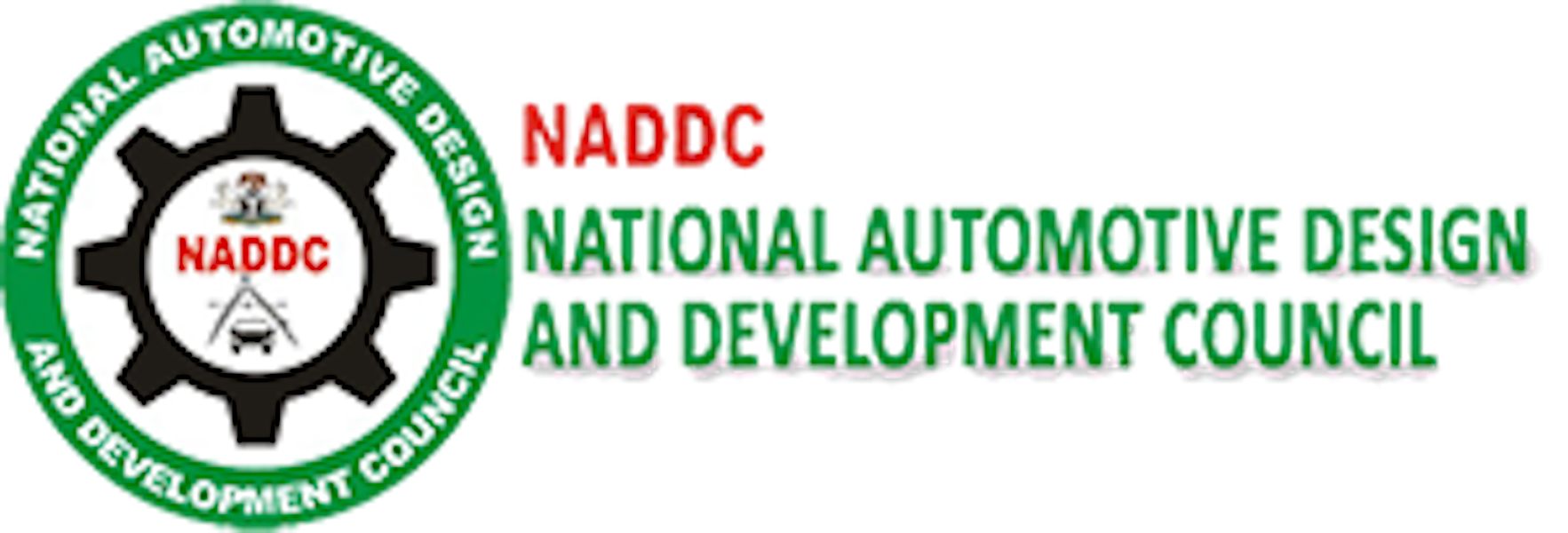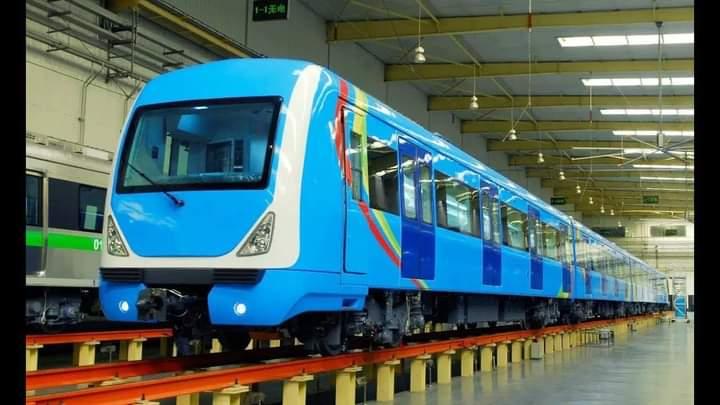Whereas the Director General of the National Automotive Design and Development Council (NADDC), Mr Jelani Aliyu recently called for enactment of the 2013 Nigerian Automotive Policy in full law of the land, industry experts have raised alarm, calling for instant review based on four clear points.
According to stakeholders in the motoring sector of the economy, six years after, the policy has failed to achieve the desired outcomes and created serious losses both to industry players, Nigerians and the economy.
Experts at a seminar in Lagos on Monday, listed some of the demerits of the prevailing auto policy to include poor capacity growth in struggling local manufacturers, high cost of doing motor business, massive business diversion to neighboring countries, loss of jobs and poor revenue earnings form government due to the surging rise in smuggling.

Findings show that the policy rather than encourage local content, has jumped cost of vehicles beyond the reach of most citizens and corporate bodies. The impact has been negative with far reaching consequences.
Besides, the automobile sector was hit by the double shock of currency depreciation running into over 80 per cent over the last six years and an import duty hike to 70 per cent on new cars and 35 per cent on used vehicles and commercial vehicles has remained counterproductive.
Experts at the Seminar argued that the automotive policy should be immediately reviewed in the light of its copious shortcomings, saying the prevailing import tax (duty and levy) of 70 per cent on new vehicles should be reduced to 35 per cent.
They also called for review of import tax (duty and levy) of 35 per cent on commercial vehicles downwards to 25 per cent alongside import tax (duty and levy) paid on used cars be reviewed from current 35 per cent to 25 per cent.
Going forward, participants called on the federal Government to give further tax concessions to the assembly plants in a way and manner that SKD should all attract 5 per cent duty while CKD should attract zero import duty to incentivize domestic vehicle assembly.
Other incentives for assembly plants and tyre industries for acquisition of machineries and equipment should be retained as contained in the Automotive policy.
They also agreed that relative incentives should be extended to the local production of vehicle spare parts and reiterated calls on both government and corporate bodies to patronage of locally assembled vehicles in line with the Presidential Executive Order on patronage of made in Nigeria products.
Another critical point raised at the seminar is the need to revive vehicle purchase finance facility at a single digit to drive demand for new car usage in Nigeria.









